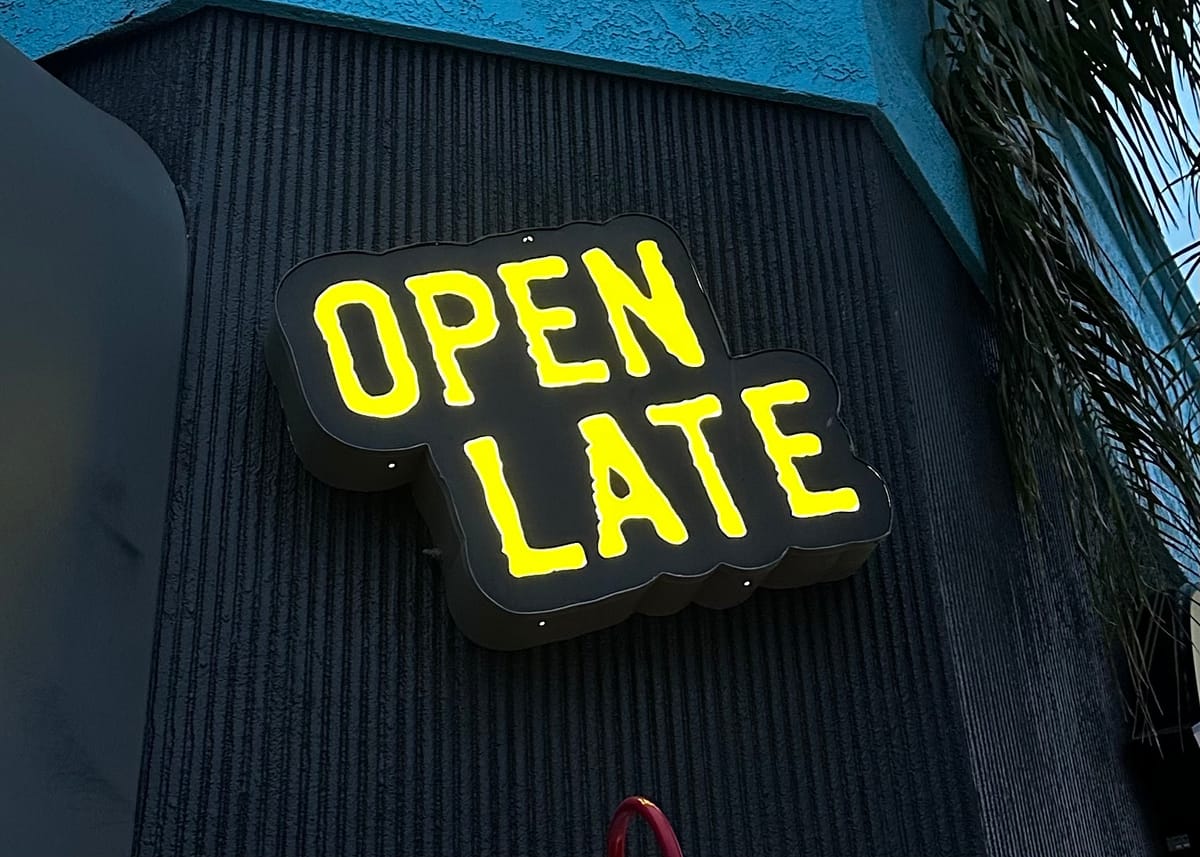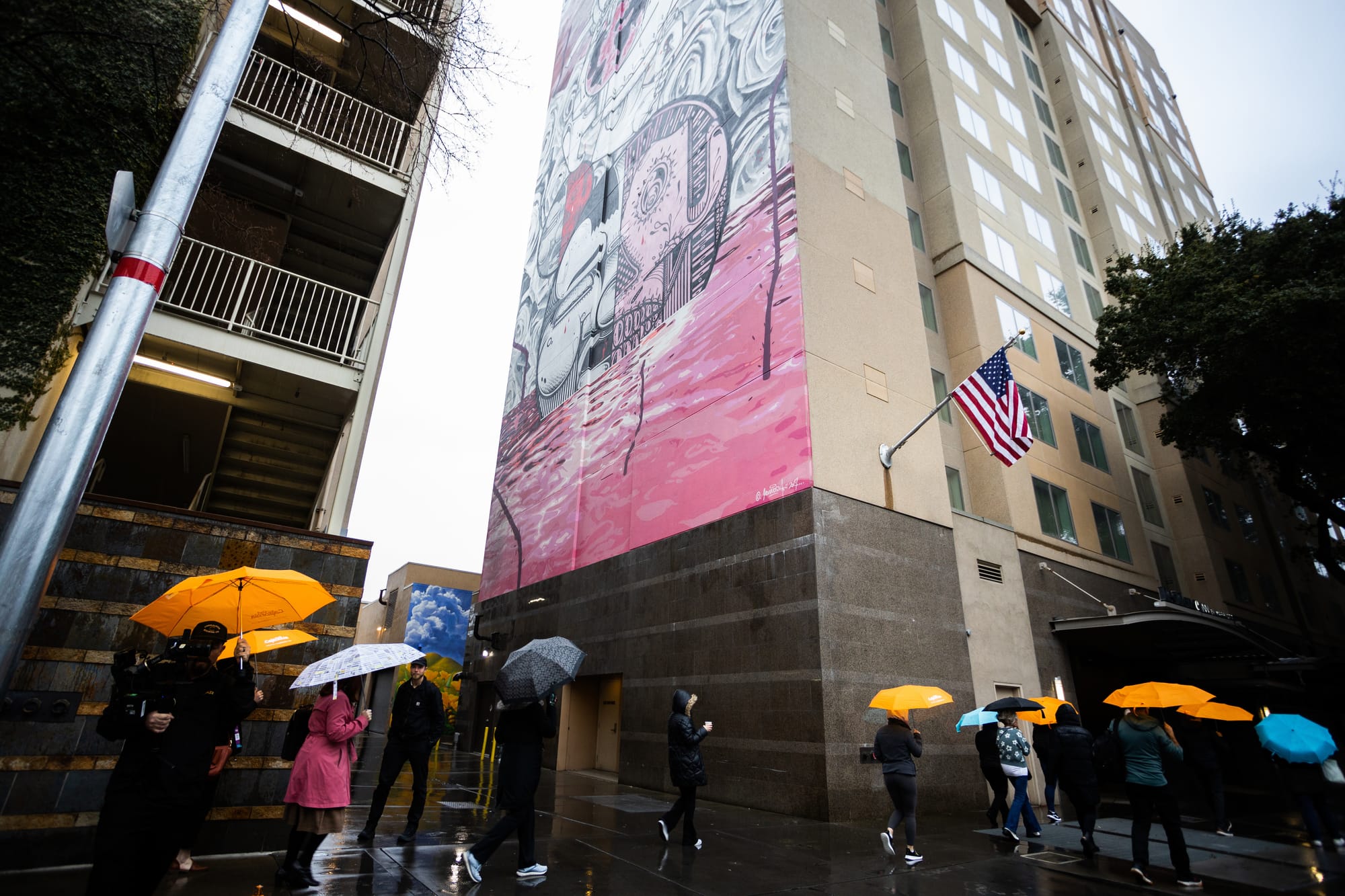SB 399 in legal limbo: Federal lawsuits challenge captive audience ban amid NLRB policy shifts
California’s SB 399 is facing legal challenges as two federal lawsuits claim it violates employer free speech rights, while a new NLRB memo signals potential shifts in federal labor policy.
The fight over SB 399, California’s Worker Freedom from Employer Intimidation Act, has escalated into federal court as two lawsuits seek to overturn the law. Meanwhile, the National Labor Relations Board (NLRB) has rescinded prior guidance on captive audience meetings, signaling a potential shift in federal policy.

With these developments, California employers and workers alike face uncertainty over the future of workplace meeting regulations. Here’s where things stand.
Legal Challenges to SB 399
Since its passage in September 2024, SB 399 has been at the center of a debate over employer free speech and worker protections. The law, which took effect on January 1, 2025, prohibits employers from disciplining workers who choose not to attend meetings where political or religious topics—including unionization—are discussed.
However, two federal lawsuits filed in February 2025 now threaten the law’s survival:
- The California Chamber of Commerce and the California Restaurant Association filed suit on December 31, 2024, arguing SB 399 violates the First and Fourteenth Amendments by restricting employer speech.
- A second lawsuit, filed by the Liberty Justice Center and California Justice Center, raises similar constitutional and preemption arguments, claiming the National Labor Relations Act (NLRA) already regulates employer-employee communications and thus preempts SB 399.
Key Arguments in the Lawsuits
Mandatory Captive Rules in Limbo for California Employers – 2 Federal Lawsuits Challenge SB 399 and Looming Issue Before the NLRB https://t.co/YtwB21lg03 #California #Work #Laws @ihumanresources @HRHappyHour pic.twitter.com/EDNk1ogpWT
— National Law Review (@natlawreview) March 7, 2025
Free Speech Violation
Plaintiffs argue that SB 399 unfairly targets employers by limiting their ability to discuss political or union-related issues, while allowing unions and other organizations to communicate freely.
The California Chamber of Commerce and the California Restaurant Association's lawsuit states:
"SB 399 violates the First and Fourteenth Amendments to the United States Constitution by discriminating against employers’ viewpoints on political matters, regulating the content of employers’ communications with their employees, and by chilling and prohibiting employer speech."
Federal Preemption
The lawsuits claim that NLRA Section 8(c), which protects employers’ rights to express views on unionization without coercion, preempts California’s attempt to regulate speech in the workplace.
Worker Information Rights
The plaintiffs also assert that the law could result in workers receiving incomplete information about unionization, as it limits employer participation in the discussion.
Both lawsuits seek a temporary and permanent injunction to prevent SB 399’s enforcement while the courts determine its constitutionality.
NLRB Memo Signals Federal Shift
Adding to the uncertainty, the Acting General Counsel of the NLRB, William B. Cowen, issued GC Memo 25-05 on February 14, 2025. This memo rescinded multiple prior policies, including GC Memo 22-04, which provided guidance on employees’ rights to refrain from captive audience meetings.
According to the memo:
"The unfortunate truth is that if we attempt to accomplish everything, we risk accomplishing nothing. Since assuming the role of Acting General Counsel, working with experienced field and headquarters professionals, I have conducted a comprehensive review of active General Counsel Memoranda and determined that the following actions are warranted."
While the memo does not directly overturn the November 13, 2024 NLRB decision that found mandatory captive-audience meetings unlawful, it signals that a future NLRB majority may reconsider the issue.
Impact of the NLRB Memo
- Less clarity on federal enforcement – Regional NLRB offices may approach captive audience cases differently.
- Potential for policy reversal – If the NLRB gains a Republican majority, a new ruling could reinstate employer rights to require meeting attendance.
- Ongoing litigation impact – Employers may wait for the courts to clarify whether SB 399 aligns with federal labor law.
What’s Next for Employers and Workers?
For now, SB 399 remains in effect, but its future depends on the courts and federal labor policy shifts. Employers in California should:
- Monitor legal developments – A court injunction could halt SB 399 enforcement.
- Review policies carefully – Until a ruling is issued, compliance with SB 399’s restrictions on mandatory meetings is necessary.
- Anticipate further NLRB changes – If the federal labor board shifts, it could influence future employer obligations.
The legal battle over captive audience meetings is far from over. California employers and workers alike should prepare for potential changes in both state and federal labor policies in the months ahead.








